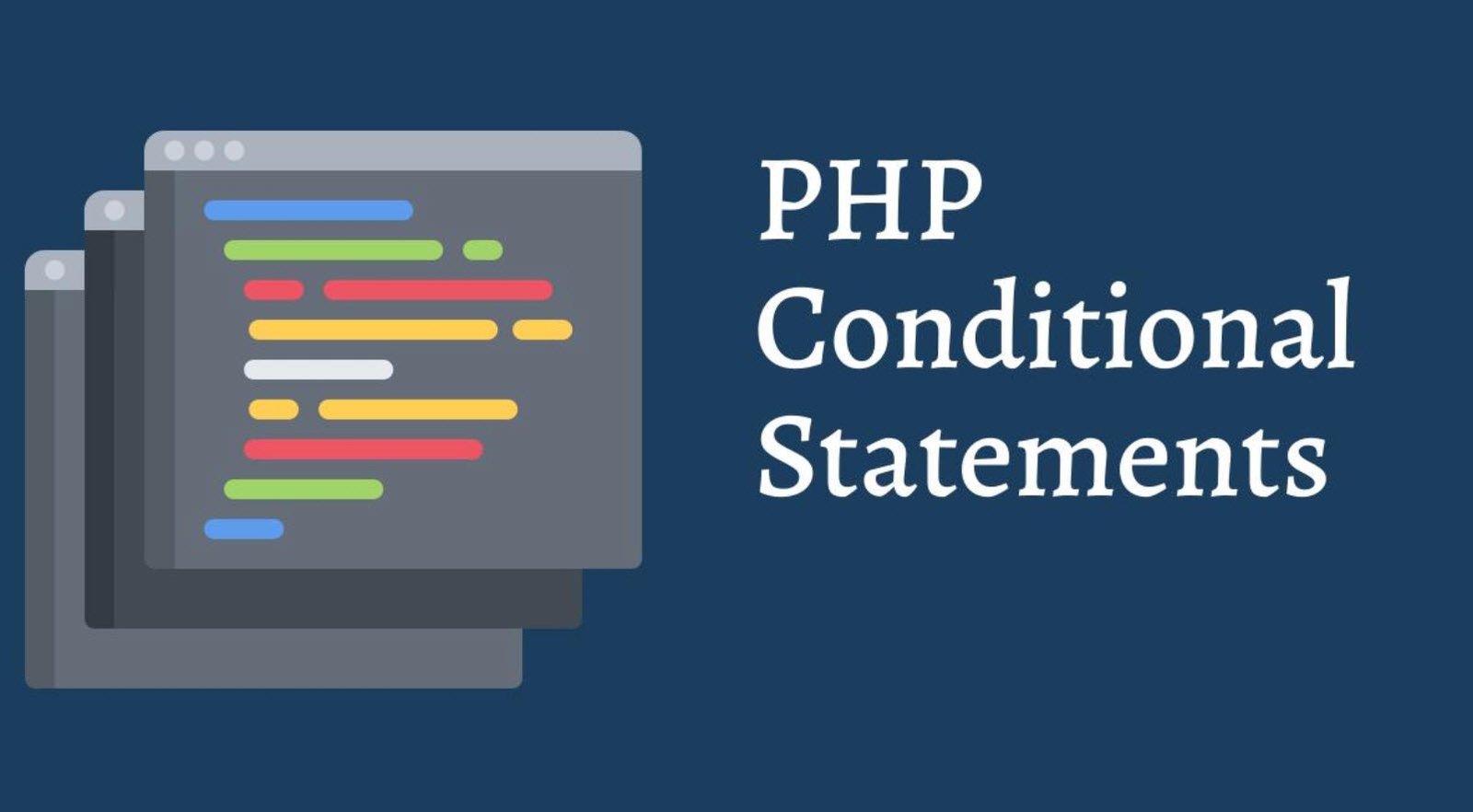
In PHP, variables can hold different types of values, such as strings, numbers, booleans, arrays, objects, or even null. To work effectively with variables and ensure proper data handling, it is crucial to determine their types accurately. Thankfully, PHP provides several built-in functions that allow developers to detect the type of a variable.
In this article, we will explore these type detection functions and understand how they can be used.
1. is_bool()
The `is_bool()` function checks whether a variable or value is of type boolean. It returns true if the variable is a boolean and false otherwise. This function is particularly useful when dealing with conditions that depend on boolean values.
Example usage:
$var = true;
if (is_bool($var)) {
echo "Variable is a boolean.";
} else {
echo "Variable is not a boolean.";
}2. is_string()
The `is_string()` function helps identify if a variable or value is of type string. It returns true if the variable is a string and false otherwise. This function comes in handy when manipulating or validating user input, working with text data, or performing string operations.
Example usage:
$var = "Hello, World!";
if (is_string($var)) {
echo "Variable is a string.";
} else {
echo "Variable is not a string.";
}3. is_numeric()
The `is_numeric()` function determines if a variable or value is a numeric string. It returns true if the variable is a numeric string and false otherwise. This function can be beneficial when performing calculations or validating numeric input from users.
Example usage:
$var = "123";
if (is_numeric($var)) {
echo "Variable is a numeric string.";
} else {
echo "Variable is not a numeric string.";
}4. is_float()
The `is_float()` function checks if a variable or value is a floating-point number. It returns true if the variable is a float and false otherwise. This function proves useful when dealing with decimal values or performing calculations that require precise floating-point arithmetic.
Example usage:
$var = 3.14;
if (is_float($var)) {
echo "Variable is a float.";
} else {
echo "Variable is not a float.";
}5. is_int()
The `is_int()` function is used to detect if a variable or value is an integer. It returns true if the variable is an integer and false otherwise. This function is essential when working with whole numbers or performing integer-specific operations.
Example usage:
$var = 42;
if (is_int($var)) {
echo "Variable is an integer.";
} else {
echo "Variable is not an integer.";
}6. is_null()
The `is_null()` function helps determine if a variable or value is null. It returns true if the variable is null and false otherwise. This function is valuable when checking if a variable has been assigned a value or when explicitly working with null values.
Example usage:
$var = null;
if (is_null($var)) {
echo "Variable is null.";
} else {
echo "Variable is not null.";
}7. is_array()
The `is_array()` function checks whether a variable is of type array. It returns true if the variable is an array and false otherwise. This function is useful when dealing with collections of data or when verifying if a variable holds an array structure.
Example usage:
$var = [1, 2, 3];
if (is_array($var)) {
echo "Variable is an array.";
} else {
echo "Variable is not an array.";
}8. is_object()
The `is_object()` function is used to detect if a variable is of type object. It returns true if the variable is an object and false otherwise. This function proves helpful when working with object-oriented programming and dealing with instances of classes.
Example usage:
$var = new stdClass();
if (is_object($var)) {
echo "Variable is an object.";
} else {
echo "Variable is not an object.";
}Conclusion
Accurately identifying the type of a variable is essential for proper data manipulation and validation in PHP. The built-in type detection functions, such as `is_bool()`, `is_string()`, `is_numeric()`, `is_float()`, `is_int()`, `is_null()`, `is_array()`, and `is_object()`, provide developers with powerful tools to determine variable types.
By utilizing these functions, developers can ensure correct data handling, improve code efficiency, and enhance the overall reliability of their PHP applications.
You may also like:- 22 Useful JavaScript Functions You Need To Know
- CSS3 nth-child Selector – A Comprehensive Guide
- PHP Loops – A Comprehensive Guide
- Different Types of Functions in PHP
- Various String Types in PHP – Utilizing ctype Functions
- Understanding Conditional Statements in PHP
- Mastering PHP Arrays – A Comprehensive Guide
- Exploring Strings in PHP – A Comprehensive Guide
- Performing CRUD Operations with PHP and MySQL
- A Guide to PHP File Operations – Opening, Reading, Creating, Writing, and Closing Files








